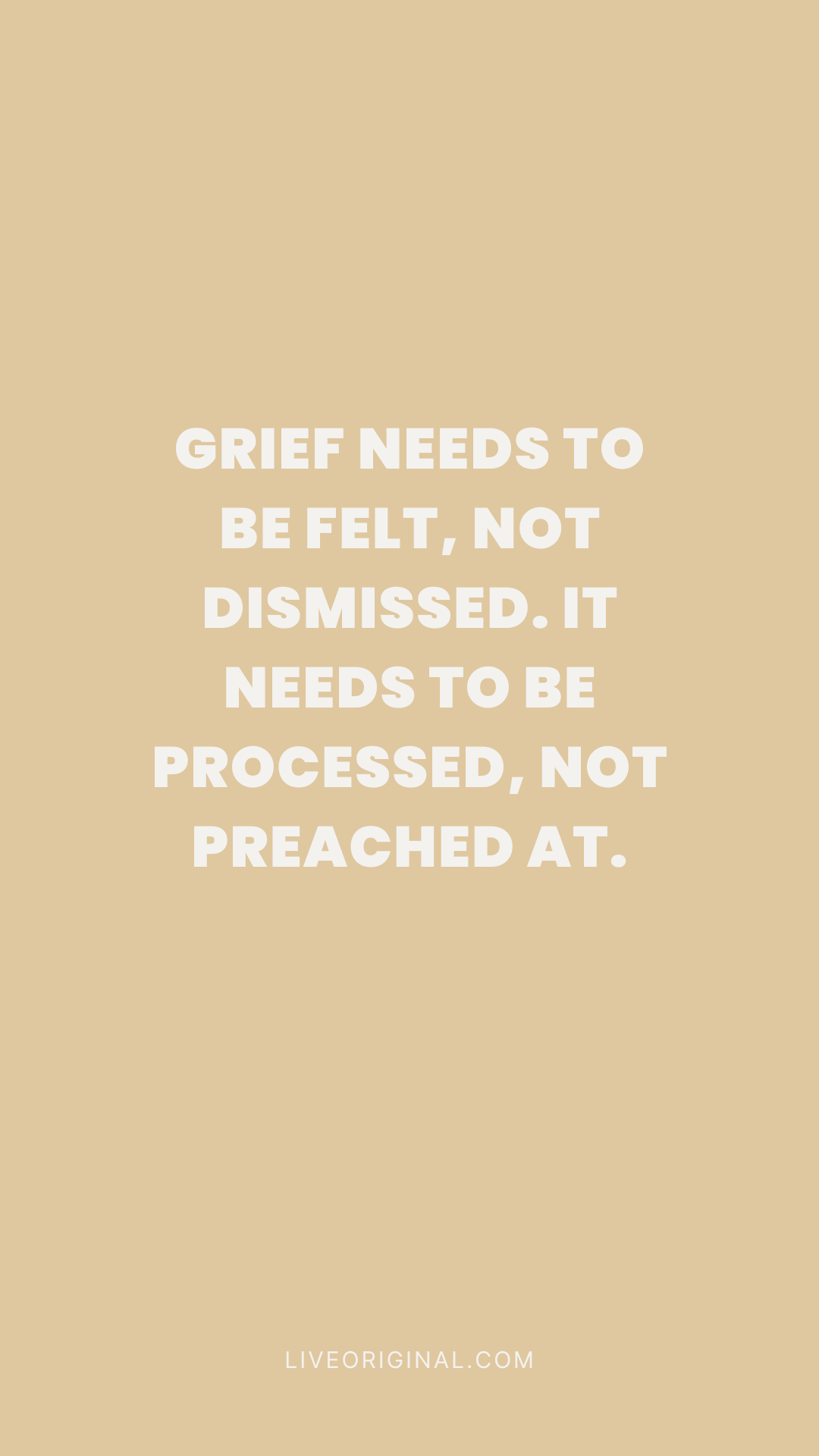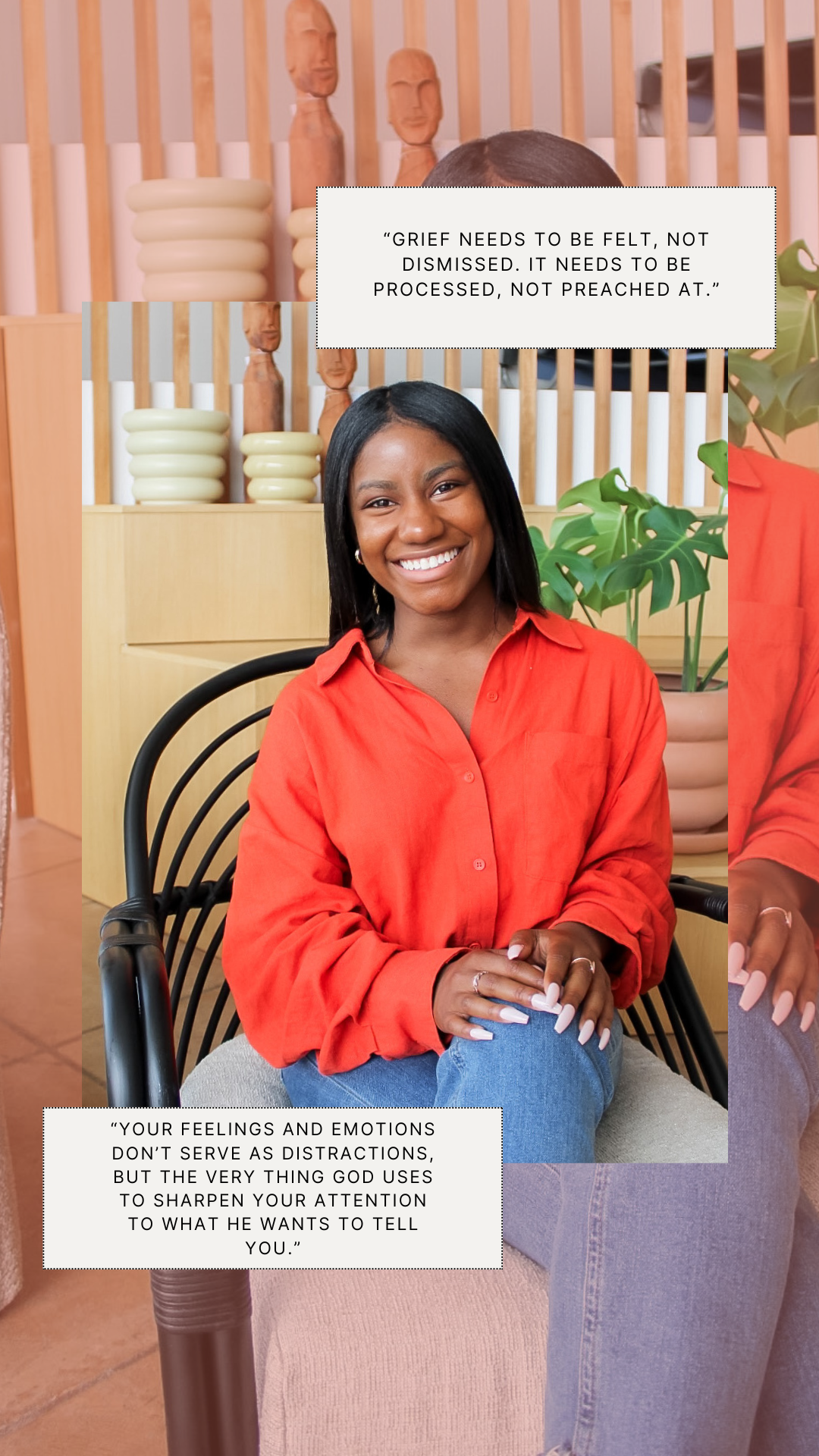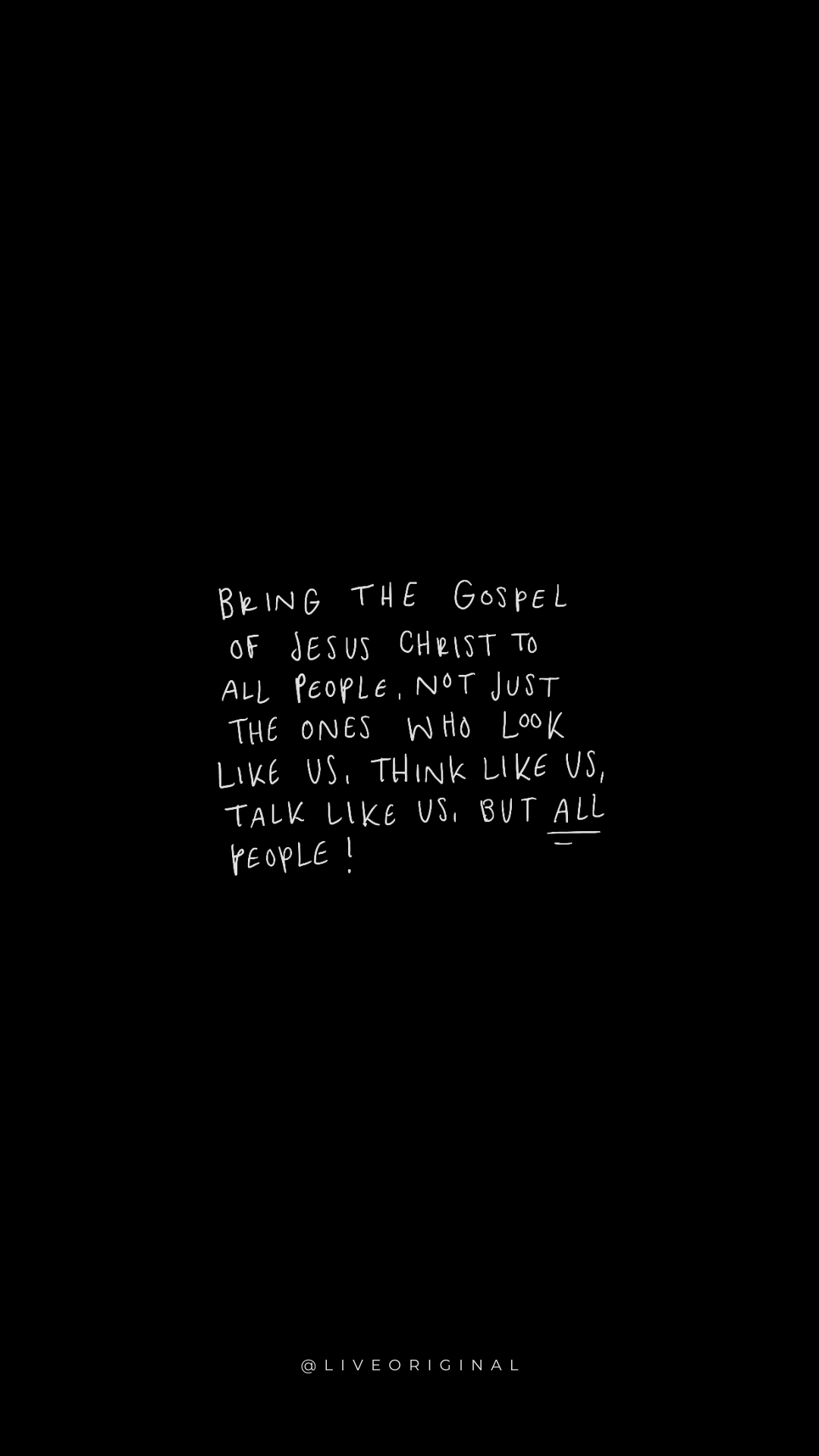If you’re anything like me, you have full-blown, over-coffee conversations with yourself in your head all the time. During the day when you’re trying to work, during the night when you should be sleeping. All the time. 24/7. At 100 MPH speed.
Your conversations range from scrutinizing your appearance, criticizing your work ethic, nitpicking what you say in every conversation, thinking about what’s due tomorrow, trashing the very thing most people compliment you on and so on and so forth until you’ve nearly driven yourself mad.
If you have no idea what I’m talking about, yes, it feels just as miserable as it looks in writing.
But, for those of you who can relate, I’m writing this blog post for you.
Because in case you’ve forgotten, your casual, absentminded way of constantly tearing yourself down in your mind is not okay. It’s not healthy, it’s not humble, and it’s not holy either. The truth is that the way we talk to ourselves matter—not just because we’re the only ones worthy enough to have an intelligent conversation with ourselves every once in a while (kidding!), but because while we can tune out the world any time we want to, we actually have to live with the voice in our heads. And, whatever we tell ourselves is what we hear, and what we hear has a pretty strong impact on how we live.
At a very young age, my bible-believing, Jesus-freak grandmother taught me that there is power in our words. And whenever something offensive would slip from me, she’d always give me the same stern warning I’ll never forget:
“Watch your mouth!”
(And, just by taking a look at my career choice as a writer, I suppose I took her pretty seriously, as I try to use every word with purpose.)
But now that I’m older, I’ve realized that my mouth is not the only thing that needs monitoring. As I’ve grown to be a creative over-thinker as much as I’ve become a creative writer, I’m warning myself to watch the words that I let in and out of another part of myself:
My mind.
Which leads me to introduce the topic of today’s post…
Today, we’re talking about self-talk.
And if there’s anyone here today that’s got to get a whole lot better at being kinder in the area of self-talk, I will be the first to admit that it’s me.
I can talk myself into feeling less than.
I can talk myself into an anxiety attack.
I can talk myself into quitting, into getting bitter, into making a bad decision.
I can talk myself into anything.
And it all happens in my mind.
And, the filthy bickering you yap at yourself all day long happens in your mind too, which is why I’ve got to warn us all on the blog today:
In the same way I was taught to watch my mouth, we’ve all got to watch our minds too.
Why?
Because our voice lives there. And, if we have no choice but to live with it, we better make sure that voice is aligned with one much more meaningful than our own.
And, I’ve got great news today:
There is another voice.
And unlike our own, this voice holds the truth about ourselves and about our situation.
And the best part?
It’s the only voice that matters.
This voice overrides the lies you’ve believed, the degrading comments you’ve accepted over time, the shame you’ve condemned yourself with…
This voice is powerful!
It’s none other than the sweet voice of Jesus Christ, and everything He wants us to hear is already printed in His Word.
If you didn’t catch it the first time, I’ll tell it to you plain:
This is good news!
Because one thing I’ve observed about myself is that I have a bad habit of talking to myself not according to His Word, but through my own imagination. You know—the place where we entertain our own seemingly realistic scenarios and filter them through a distorted version of reality, convincing ourselves to believe lies that we didn’t even stop to wonder whether or not are true, inevitably leading us to talk to ourselves like we’re piles of dirt.
Yes—that place.
If we let it, our imagination can run rampant and lead us down the rabbit hole of stinking thinking. But, here’s a reminder that I have to tell myself and a reminder you might want to consider as well:
Our imagination isn’t real.
God’s Word is.
And, it’s about time we let His Word be the mediator in every conversation we have with ourselves.
So, without further ado, I want to introduce two truthful and victorious ways to have healthy self-talk:
- Affirm yourself in the Word of God.
- Align your thoughts with His.
I call this the double A battery, if you will. Affirm and align, friends. This is the way to win in the area of self-talk.
(But, PSST: Neither of these steps are possible if we don’t know what His Word says in the first place.)
Now, I’m not too sure what you’ve heard about the Word of God, but if you’ve heard anything other than the entire book being a beautiful love story of God redeeming the world, who rebelled against Him after He created it, through the precious blood of His Only Son Jesus Christ, then it isn’t true. The Bible—God’s Word—is the greatest reason why we should pursue victory in the area of self-talk.
Everything in His Word was written because He loves you. Every story told, every miracle, every commandment recorded is not to demonstrate how much He’s against you, but instead is there to remind you of how much He is for you. And, the Word He has spoken over you in the Bible is the word He wants you to speak over yourself in your mind.
What I’m saying is this:
There is power in our words, but the ultimate power lies in His Word. And in His Word, specifically Philippians 4:8, He makes it pretty clear through the wonderful writings of Apostle Paul what He wants our thoughts to consist of:
“And now, dear brothers and sisters, one final thing. Fix your thoughts on what is true, and honorable, and right, and pure, and lovely, and admirable. Think about things that are excellent and worthy of praise.”
And, hey, I must admit:
That’s a pretty powerful list—a great filter to use when it comes to our self-talk.
If the thought coming your way is not true, noble, right, pure, lovely, admirable, excellent or praiseworthy, don’t let it in. And, if you’ve already let it in, don’t let it stay! It’s time we watch what we let in and out of our minds. The mind is where God can speak, and it would be a shame if you let your own destructive voice become louder than His truth.
Therefore, let this be an encouragement to us all. Let’s choose to tune into the Word of God. Let’s affirm ourselves in His Word by telling ourselves that we are fearfully and wonderfully made, according to Psalms 139:14, and that we are His masterpiece, destined to do incredible things for the Kingdom of God, according to Ephesians 2:10, and that we were made in His image, according to Genesis 1:26, and that through His sufficient grace, even when we are weak, we can still be strong, according to 2 Corinthians 12:9-10.
Meditating on these things and more in His Word is what can help us fulfill the next step:
When we affirm ourselves in the word of God, we can align our thoughts with His.
After all, His thoughts are higher than our thoughts and His ways are higher than our ways, according to Isaiah 55:9. It’s time we talked to ourselves through His perspective!
So, let this be the topic of discussion in your mind from now until forevermore. Let your self-talk be all about Jesus. Hold His voice to the highest esteem. For it is up to you to watch the words you tell yourself in your mind, and the only conversation you should have is what He’s already spoken about you in His Word.






























